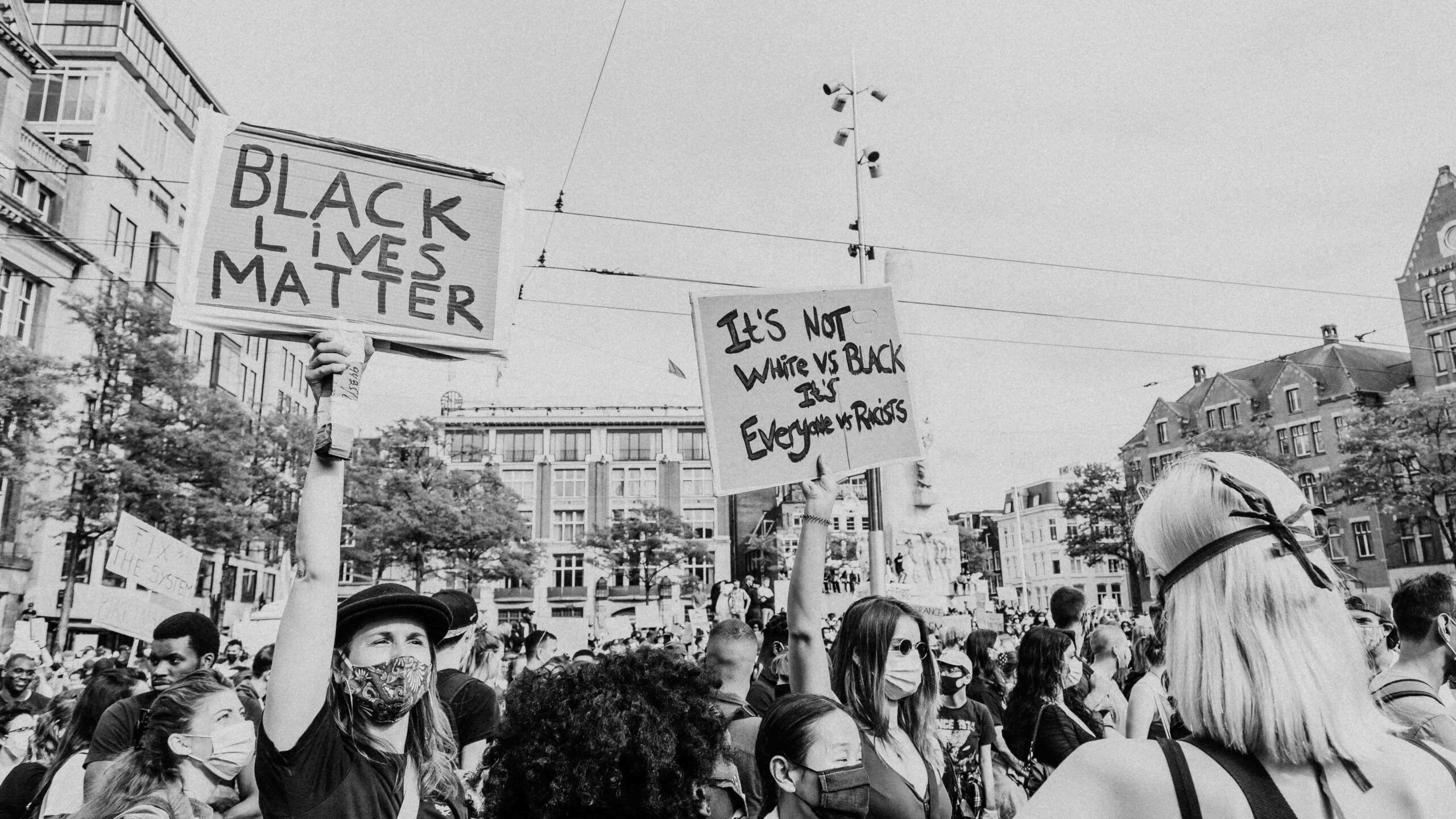In the ongoing quest for equality and justice, racial justice movements have played a pivotal role in challenging systemic racism and discrimination. One of the most prominent movements in recent years has been Black Lives Matter (BLM). This article explores the significance and impact of racial justice efforts like BLM in addressing deep-seated racial disparities and advocating for a more equitable society.
The Genesis of Black Lives Matter
Black Lives Matter emerged in 2013 following the acquittal of Trayvon Martin’s killer. Founded by Alicia Garza, Patrisse Cullors, and Opal Tometi, this movement aimed to combat racial violence, particularly the unjust killings of Black individuals by law enforcement officers. BLM called for an end to police brutality and racial profiling while advocating for systemic change.
The Power of Social Media
One of the defining features of BLM and similar movements has been their effective use of social media. Hashtags like #BlackLivesMatter have gone viral, allowing activists to raise awareness and mobilize support on a global scale. Social media has amplified the voices of marginalized communities, creating a powerful platform for change.
Protests and Public Demonstrations
Racial justice efforts have organized large-scale protests and demonstrations to demand accountability and change. These gatherings have drawn diverse crowds, including activists, allies, and concerned citizens, all united in their call for justice. The protests following the deaths of George Floyd, Breonna Taylor, and countless others sparked a worldwide movement.
Legislative and Policy Change
Racial justice movements like BLM have been instrumental in pushing for legislative and policy changes at local, state, and federal levels. Campaigns to reform policing practices, increase transparency, and hold officers accountable have gained momentum. This activism has led to tangible results, including changes in use-of-force policies and the allocation of funds toward community-oriented policing.
Community Engagement and Grassroots Efforts
Racial justice movements recognize the importance of community engagement and grassroots initiatives. They work to create spaces for open dialogue, education, and empowerment within marginalized communities. These efforts foster resilience and solidarity among those affected by racial discrimination.
Challenging Systemic Racism
Racial justice movements aim to address systemic racism, a deeply entrenched problem that affects every aspect of society. They emphasize that achieving racial justice requires dismantling structures that perpetuate discrimination, from the criminal justice system to education, healthcare, and housing.
Intersectionality
Racial justice efforts have embraced intersectionality, recognizing that race intersects with other aspects of identity, such as gender, sexuality, and socioeconomic status. Intersectional approaches seek to address the unique challenges faced by individuals who experience multiple forms of discrimination.
Empowering Future Generations
Racial justice movements inspire and empower future generations to continue the fight for equality. They emphasize education, activism, and the importance of voting as tools for change. Young activists, often leading the charge, are reshaping the conversation around racial justice.
Conclusion
Racial justice efforts like Black Lives Matter are catalysts for change, driving discussions about race, inequality, and injustice into the mainstream. They have reshaped public discourse, spurred policy reforms, and empowered communities to demand justice. While there is still much work to be done, these movements have made it clear that the fight against systemic racism and racial injustice is an ongoing, collective endeavor. They remind us that the struggle for racial justice is not a moment, but a movement—a movement that is essential for building a more equitable and inclusive society for all.
